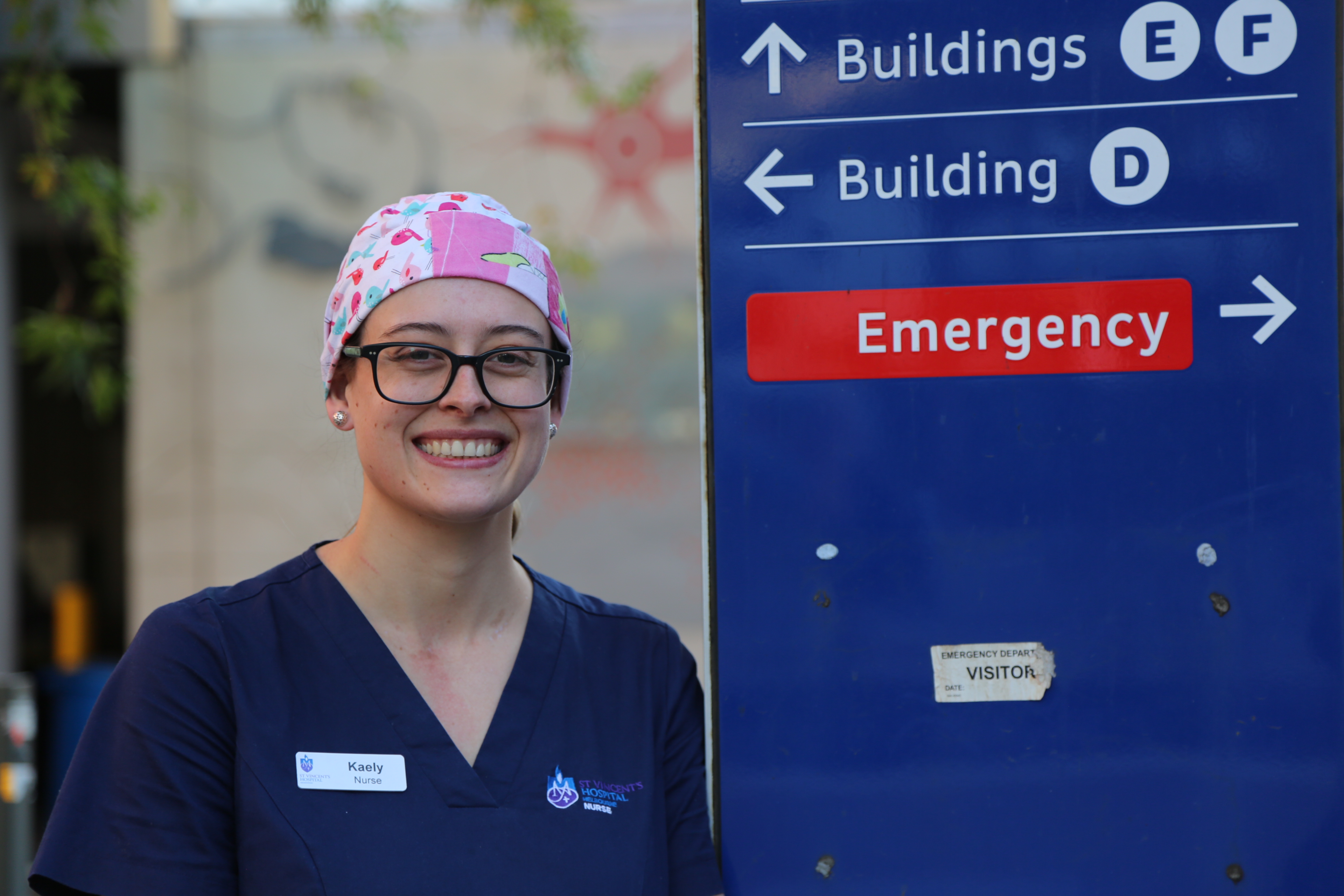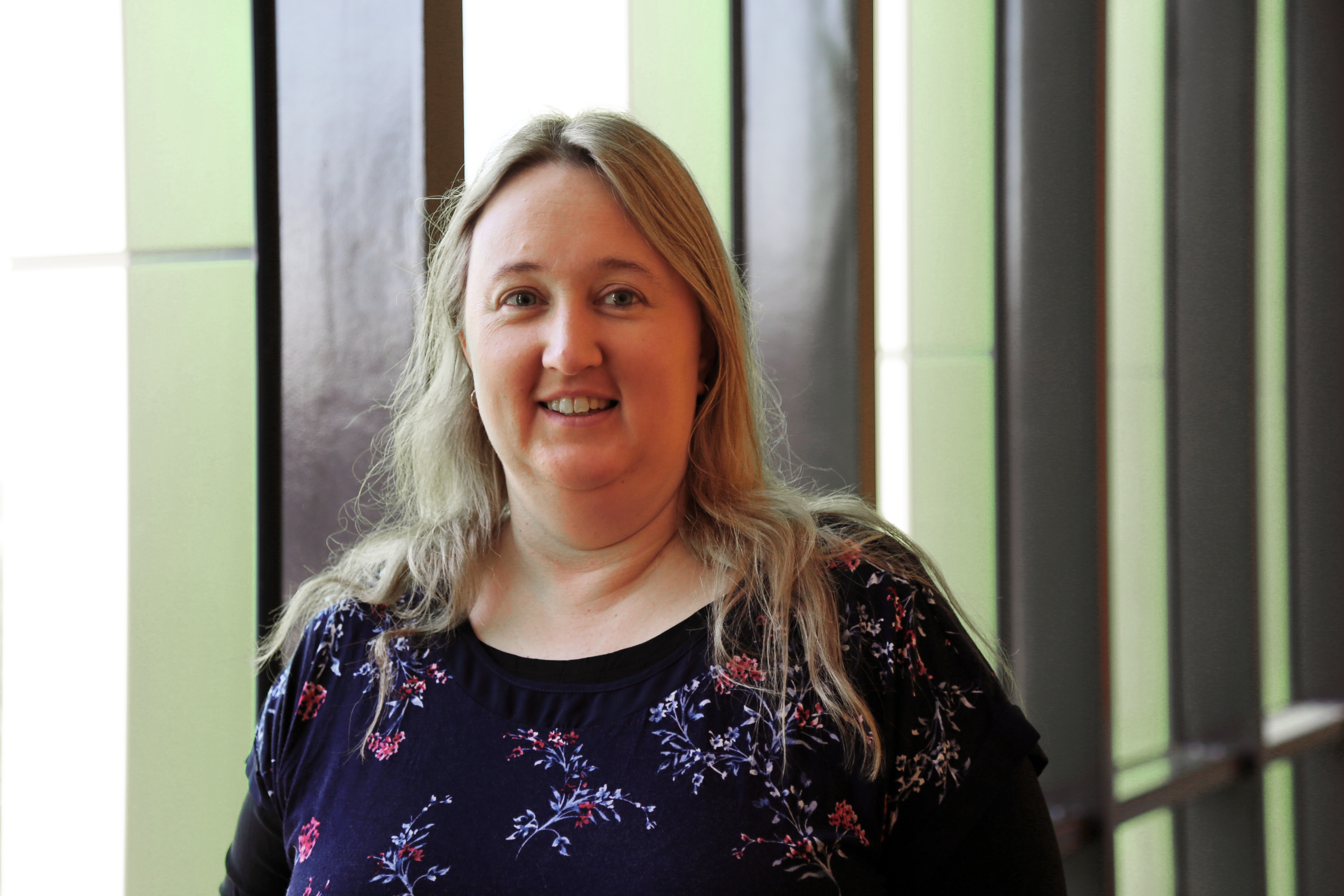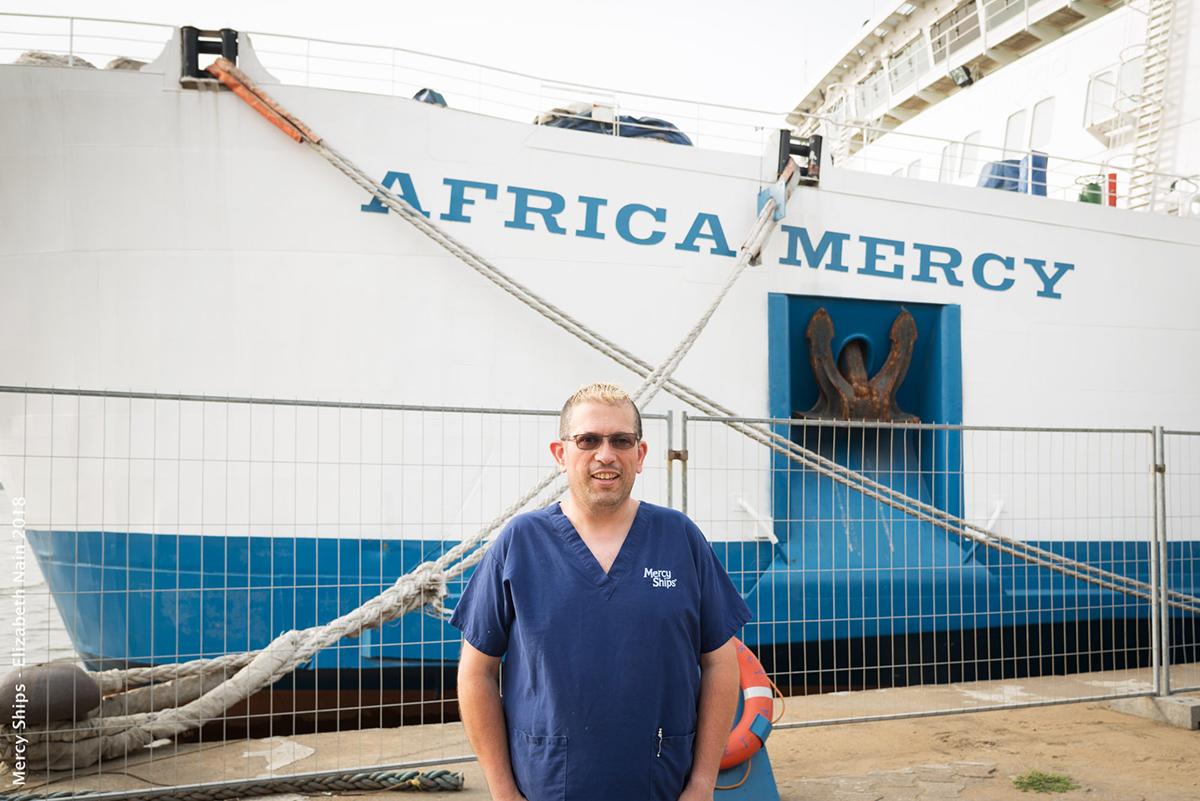
Adi Lipscomb
Wiradjuri mental health nurse Adi Lipscomb says there is not a single Aboriginal and Torres Strait Islander person alive today who has not been impacted by intergenerational trauma.
Healthcare and aged care workers need to understand the impacts of intergenerational trauma to provide culturally safe, trauma-informed, care to Aboriginal and Torres Strait Islander peoples, she said.
‘If you don’t understand intergenerational trauma, you can often see Aboriginal and Torres Strait Islander communities through the lens of stereotypes,’ Adi said. Drug and alcohol misuse, criminality and unemployment reflect the impacts of trauma and colonisation across the generations.
Adi will be speaking at the 2021 Victorian Collaborative Mental Health Conference, to be held on 12 and 13 August, at the Moonee Valley Racecourse and online.
An Aboriginal Senior Therapeutic Practitioner in the Aboriginal Children’s Healing Team at the Victorian Aboriginal Childcare Agency, Adi’s role includes providing information on intergenerational trauma and a reflective practice service for clinicians, mainly social workers.
Adi’s presentation at the conference, on ‘Truth-telling, justice and Royal Commissions: Addressing a legacy of colonisation in Australia’, comes in the wake of the Royal Commission into Victoria’s Mental Health System which emphasised the need to address mental illness in Aboriginal communities. Her presentation will also be in a year that marks 30 years since the Royal Commission into Aboriginal Deaths in Custody. Incarceration of Aboriginal and Torres Strait Islander peoples has doubled since then, Adi notes.
Trauma and institutional racism against Aboriginal and Torres Strait Islander people are not part of a distant past in Australia, she said.
‘We do have racism within the health system – that needs to be acknowledged – and unconscious bias plays a big part in Aboriginal and Torres Strait Islander people having poorer health outcomes than non-Indigenous people,’ Adi said.
It was only in her mother’s generation, in 1967, that Aboriginal and Torres Strait Islander peoples were granted status as Australian citizens and the rights that citizenship entails.
Adi’s generation was the first generation of Aboriginal and Torres Strait Islander peoples since colonisation to be ‘born free’, she said. ‘It’s not that long ago that my mum and her parents weren’t allowed to go to school, weren’t allowed to give birth in hospitals, weren’t allowed to get jobs, weren’t allowed to own houses…’
Government discriminatory policies and racism had created a mistrust of services and we all need to have a commitment to do better, Adi said.
‘Before we can move forward we need to have those discussions and truth-telling, to acknowledge what’s happened in the last 250 years as well as all the incredible aspects of our culture that we need to bring back,’ she said.
‘Dadirri’ is one example of valuable Aboriginal cultural practices to revive. ‘Dadirri’ is deep listening, which Adi uses in her reflective practice sessions. It’s the ability to sit still, reflect and truly listen to yourself and others.
‘It doesn’t sound that hard but if you’re finding it easy then you’re not doing it,’ Adi said. ‘We have a lot to offer in terms of our ways of thinking and ways of connecting to the country, and knowledge about that country.’
Read more about the 2021 Victorian Collaborative Mental Health Conference and register.



